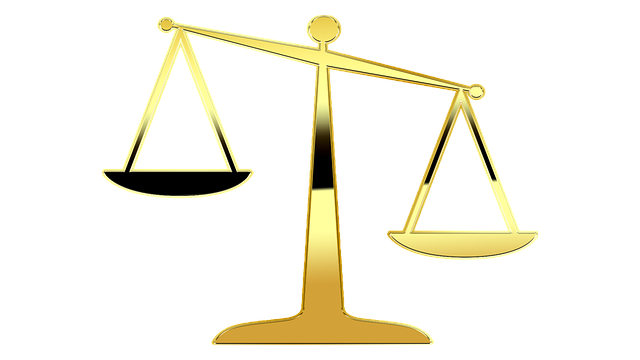Child welfare cases necessitate a balanced approach between protecting parental rights and ensuring child safety. Legal professionals play a critical role in advocating for constitutional rights, providing strategic guidance, and fostering positive resolutions. Fair treatment is ensured through robust procedures like transparent communication and access to competent family law attorneys. Resources like legal aid organizations support families, offering education, representation, and counseling to protect parental rights while guiding them toward favorable outcomes.
“Ensuring justice and fairness in child welfare cases is paramount to upholding the well-being of both children and families. This comprehensive guide delves into the intricate legal landscape surrounding these cases, emphasizing the critical role of legal professionals in protecting parental rights. We explore effective strategies to safeguard due process, providing essential resources for families navigating complex systems. Understanding the impact of child welfare proceedings is key; this article offers valuable insights for all involved.”
- Understanding Child Welfare Cases and Their Impact
- The Role of Legal Professionals in Protecting Parental Rights
- Strategies for Ensuring Fair Treatment and Due Process
- Resources and Support for Families Navigating Legal Systems
Understanding Child Welfare Cases and Their Impact

Child welfare cases encompass a complex web of legal issues that revolve around the well-being and safety of children. These cases often involve situations where a child is at risk or has experienced abuse, neglect, or abandonment, prompting interventions by child protective services. Understanding the nuances of these cases is paramount to ensuring justice and the best interests of the child are served.
Child welfare litigation can significantly impact various aspects of a child’s life, including their familial connections and future prospects. It directly affects parental rights, as the state may intervene to protect the child, potentially leading to temporary or permanent custody transfers. Protecting these parental rights while prioritizing the child’s safety is a delicate balance that requires comprehensive legal services. Such cases often necessitate an in-depth understanding of family law, child protection statutes, and their interplay to navigate the legal landscape effectively.
The Role of Legal Professionals in Protecting Parental Rights

Legal professionals play a pivotal role in protecting parental rights during child welfare cases. Their expertise is essential in navigating complex legal systems to ensure fair and just outcomes for families. By skillfully interpreting laws and regulations, attorneys advocate for parents’ constitutional rights, safeguarding their ability to make decisions regarding their children’s upbringing.
These legal advocates ensure that the best interests of both the child and the family are considered while upholding parental rights protection. They provide crucial guidance, offer strategic advice, and represent clients effectively in court proceedings. Through diligent preparation and passionate advocacy, legal professionals foster a balanced approach, aiming to preserve familial bonds and promote positive resolutions in child welfare cases.
Strategies for Ensuring Fair Treatment and Due Process

In child welfare cases, ensuring fair treatment and due process is paramount. One key strategy is implementing robust procedures that safeguard parental rights protection. This includes providing parents with clear and timely information about their legal options, the nature of the case against them, and potential consequences. Access to competent legal counsel is also crucial; lawyers specializing in family law can offer guidance tailored to each parent’s unique situation, ensuring they understand their rights and are equipped to participate actively in proceedings.
Additionally, transparency and open communication between all parties involved—social workers, attorneys, and the court—can significantly enhance fairness. Consistent documentation and clear protocols for sharing information ensure that everyone operates from a common understanding of the case. This reduces the risk of misunderstandings or misinterpretations, allowing for more objective decision-making and ultimately, a fairer outcome for all concerned.
Resources and Support for Families Navigating Legal Systems

Families involved in child welfare cases often face complex legal journeys, requiring a supportive network to navigate these challenging systems. Thankfully, various resources and support mechanisms are available to ensure parents are not alone during this process. These services play a crucial role in safeguarding parental rights protection while guiding families towards positive outcomes.
Legal aid organizations, non-profit groups, and government agencies offer invaluable assistance, providing education on legal rights and responsibilities. They facilitate access to legal representation, offering pro bono services or sliding fee scales to ensure financial accessibility. Support groups and counseling services further empower parents by connecting them with peers facing similar challenges, fostering a sense of community and shared resilience during this trying time.
